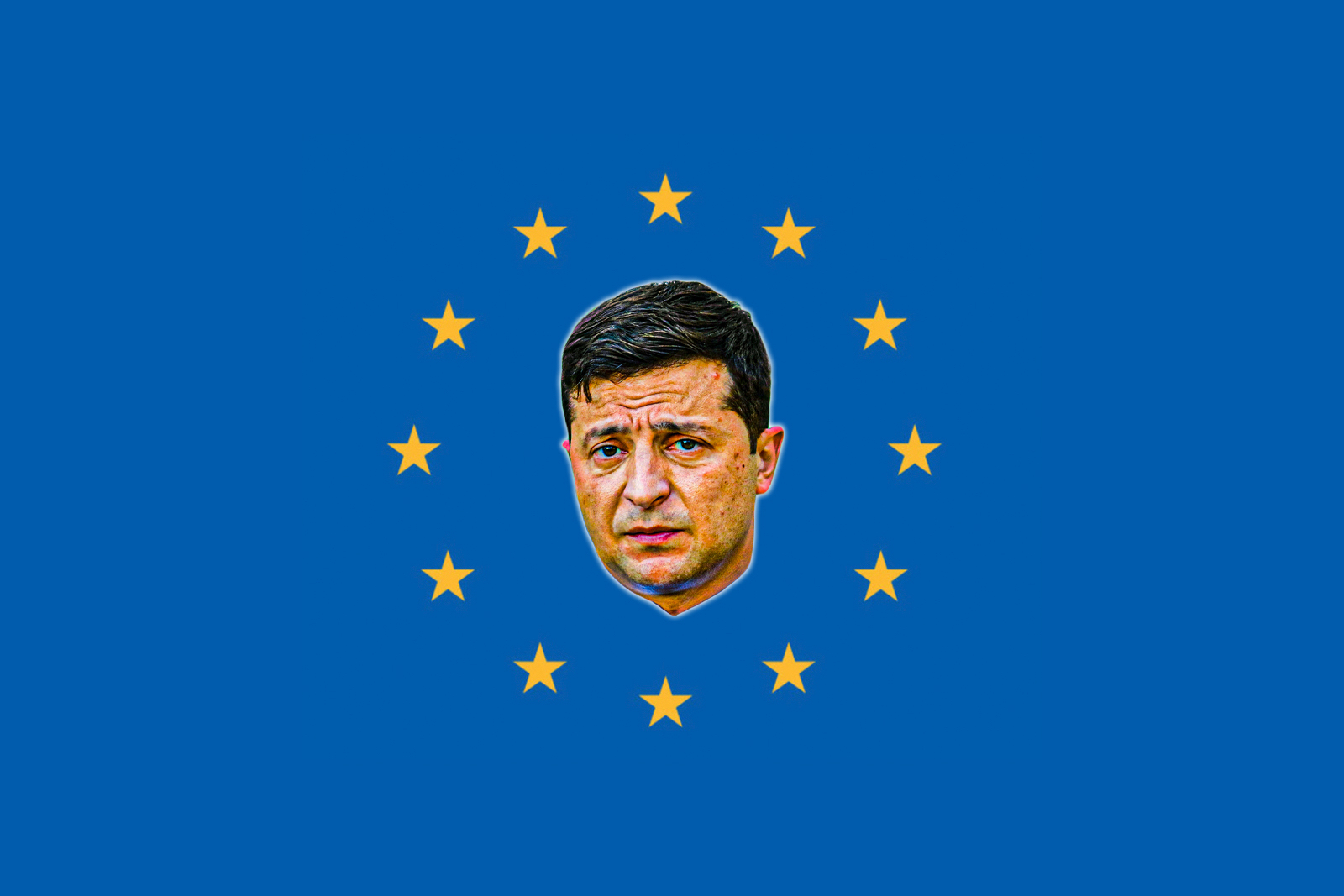
Convenient Omissions: The Ukraine-EU Candidacy Show
Instances of sympathy are rarely excuses to throw out the rule book. In the case of the European Union, throwing out the rule book about admission has tended to be a feature of enlargement. Credentials of candidate states have been, when needed, boosted or cooked for the occasion. Others, whatever the progress, have been ignored. For a collective that really ought to tidy the stables before admitting more occupants, the enthusiastic glee with which Ukraine’s symbolic candidacy has greeted stayed true to form.
The war in Ukraine has done away with the more troubling facts of European integration and its process. Everything is now being done to powder, paint and deodorise Ukraine as a true European power of democratic flavour facing despotic Oriental barbarism. Out of the debris, all opponents of that barbarism are tolerant, peace-loving democrats singing hymns to the rule of law. This has the added effect of not examining the special nature of the society in question. Regarding Ukraine, this is striking.
In terms of economy and politics, it would be hard to see Ukraine as a credible candidate under official accession procedures. According to remarks made by Freedom House, itself a U.S.-funded non-profit organisation of some notoriety, “corruption remains endemic, and initiatives to combat it are only partially implemented.” It also notes that attacks on journalists, civil society activists, and members of minority groups have proven all too frequent.
These are some of the problems that have been cited to explain the lengthy waiting times for other states going through the EU accession process. The enlargement procedure is governed by a number of requirements. For instance, Chapter 23 covers the judiciary (independence, impartiality, accountability), the battle against corruption, fundamental rights (for instance, the right to a trial, a right to a fair trial, anti-discrimination), and the rights of EU citizens. Chapter 24 covers matters of justice, freedom, and security, noting the requirements for efficient policing and cooperation across a range of areas.
Given such requirements, the EU bureaucracy has been stifling and discouraging towards a number of candidate hopefuls. They, in turn, have resorted to a suite of demands, often framed along nationalist lines. The problem is most pronounced in the Western Balkans, where the candidates have been left lingering in a chilling waiting room. Brussels has done wonders in damaging its own reputation in this regard, blocking, for instance, accession negotiations with Albania and North Macedonia.
In Serbia, attitudes to joining the EU have cooled. In April, a poll conducted by Ipsos and published in the Serbian newspaper Blic, revealed that 44% of respondents were against membership, with 35% in favour. It was the first time in two decades that those against joining had topped the list. Playing to that mood, Serbian President Aleksandar Vučić has argued that the “European path” would be continued and pursued in a dignified fashion. In the meantime, Serbia would keep its “independence in decision-making, at least until we become a member of the EU.”
No number of sweet, treacly assessments of Ukrainian society, even from the most messianic U.S.-funded organisations, have been able to get away from the specific problems facing Ukraine’s civil society advocates. But war has come, and glowing opportunities have presented themselves. In the European Council meeting held in Brussels on June 23-4, the decision was made to sign off on the European Commission’s recommendation to grant Ukraine and Moldova official candidate status.
Yet for all the foamy praise for the measure, the unified front is deceptive. Denmark and Portugal have made the point that, were it not for the war, Ukraine would barely warrant a spot in the accession queue to commence membership negotiations. A country like Moldova would be even further behind. Portugal’s Prime Minister António Costa sees greater priority and value in keeping the EU house in firm agreement. “The best support that the European Union can give to Ukraine is to keep its unity.” His preference was to focus on building “a long-term platform to support the recovery of Ukraine” rather than dabbling in protracted “legal debates.” For Costa, it was imperative to avoid creating “false expectations that become bitter disappointment.”
Even French President Emmanuel Macron has given a range of different signals, admitting that the cases of Ukraine and Moldova were “very clearly linked to the context.” This was exceptional, he conceded, as enlargement was generally incompatible with the bloc’s mission of integration. His controversial preference has been for an alternative European political community that might even, come the time, include Russia.
In specialist and academic circles, the enlargement genie has also been attached to the coattails of war. Vedran Džihić of the Austrian Institute for International Affairs, and Paul Schmidt, Secretary-General of the Austrian Society for European Politics, see a chance to speed up the show. That project stalled with the accession of Croatia in 2013. The authors urge Brussels to move beyond “the technocratic rigidity that has come to characterise EU enlargement and neighbourhood policies.” They also encourage a “common geopolitical Europeanisation of the countries in the Western Balkans, together with Ukraine, Moldova, and Georgia.”
Even more intriguing in the propping up of Ukraine’s membership credentials ahead of other states languishing in the queue is a misunderstanding of how the EU itself operates. The relentlessly questioning Giandomenico Majone regards the body as occupying a world where “the language of democratic politics is largely unintelligible,” seeing a closer parallel with ancient Sparta rather than Athens, “where the popular assembly voted yes or no to the proposals advanced by the Council of Elders but had no right to propose measures on its own account.”
In this world, policy arises less from an enfranchised populace than an oligarchy of cabinets, bureaucrats, and diplomats. For all the talk about independent judiciaries, anti-corruption measures, and accountability, the EU lags, making the candidate status of countries such as Ukraine and Moldova less bizarre than might otherwise be.

